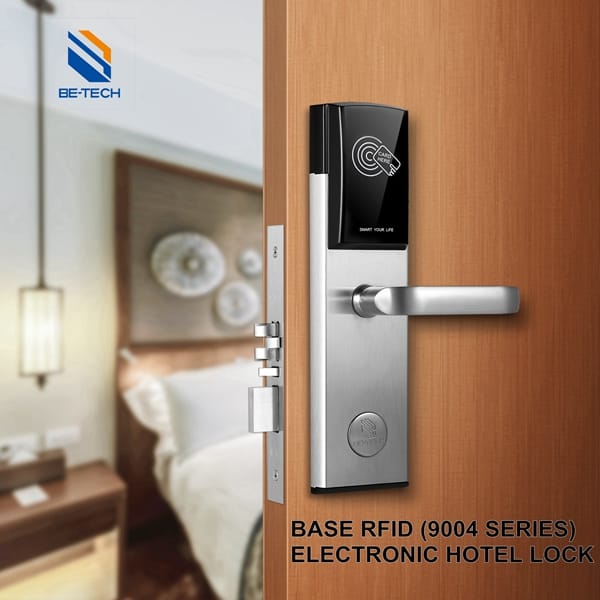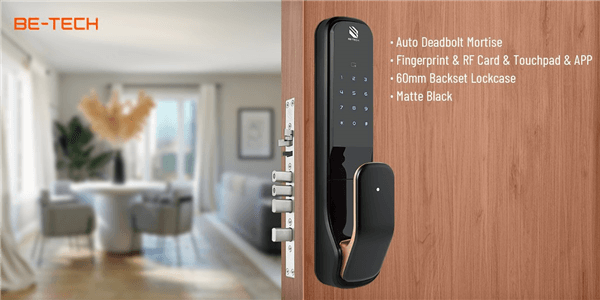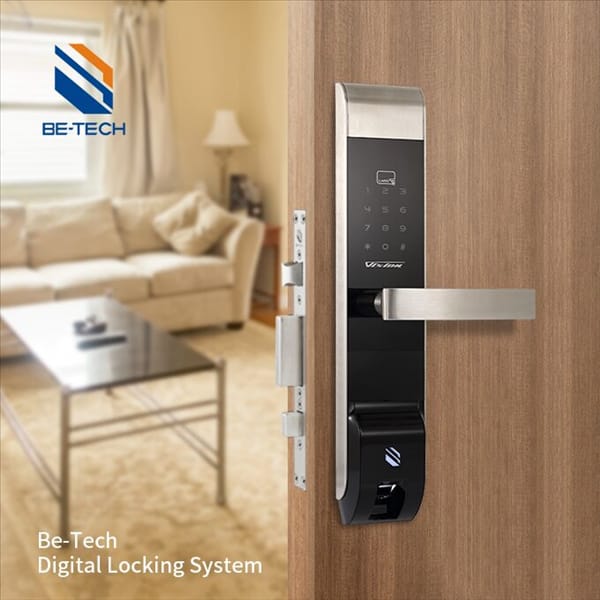In the ever-evolving hospitality industry, security and guest experience are paramount. Hotel operators are increasingly recognizing the need to invest in modern hotel lock systems that not only enhance security but also streamline operations and elevate the guest journey. However, navigating the world of hotel door lock systems and their associated costs can be daunting.
This comprehensive budgeting guide for 2024 will provide hoteliers and procurement professionals with a clear understanding of the costs associated with various hotel lock systems. We’ll explore the factors that influence pricing, provide expert insights, and offer practical tips to help you budget effectively for your hotel’s security upgrade.
Types of Hotel Lock Systems and Their Costs
Traditional Lock and Key Systems
While traditional lock and key systems may seem like a cost-effective option initially, they present several drawbacks in the long run. These systems are more susceptible to key duplication and loss, leading to potential security breaches and the added expense of re-keying locks frequently.
Pros:
- Lower initial investment: Traditional locks are generally less expensive to purchase upfront.
- Familiarity: Most staff and guests are familiar with using traditional keys.
Cons:
- Security risks: Keys can be easily duplicated or lost, compromising security.
- Operational inefficiency: Re-keying locks is time-consuming and costly.
- Guest inconvenience: Guests may find carrying physical keys inconvenient.
Electronic Key Card Systems
Electronic key card systems utilize key cards embedded with magnetic stripes or RFID technology. These cards grant access to guest rooms and other authorized areas within the hotel. Electronic key card systems offer improved security and operational efficiency compared to traditional locks.

Pros:
- Enhanced security: Key cards are more difficult to duplicate than traditional keys.
- Improved guest experience: Key cards provide a more convenient and modern access method.
- Operational efficiency: Hotels can easily manage access rights and track key card usage.
Cons:
- Higher initial investment: Electronic key card systems have a higher upfront cost compared to traditional locks.
- Key card replacement costs: Lost or damaged key cards need to be replaced, incurring additional expenses.
The Be-Tech BASE RFID (9004 Series) is a state-of-the-art electronic lock that leverages advanced Radio Frequency Identification (RFID) technology to provide a reliable and efficient solution for hotel security. This stand-alone RFID hotel door lock features a high-security stainless steel mortise lockcase available in ANSI, AUS, and EURO versions, ensuring compatibility with various door types.
Digital Keyless Entry Systems
Digital keyless entry systems are gaining popularity in the hospitality industry. These systems allow guests to use their smartphones or other mobile devices as their room keys.

Pros:
- Enhanced guest experience: Guests appreciate the convenience of using their smartphones to access their rooms.
- Increased security: Digital keys utilize encryption and other security measures to minimize the risk of unauthorized access.
- Operational efficiency: Hotels can streamline check-in and check-out processes.
Cons:
- Technology adoption: Not all guests may be comfortable using smartphone-based keys.
- Integration complexities: Integrating digital keyless entry systems with existing hotel management software can be challenging.
The Be-Tech SHADOW II RFID series utilizes advanced RFID technology for secure, contactless access, allowing guests to enjoy a hassle-free entry experience without the need for traditional keys.
Biometric Hotel Locks
Biometric hotel locks utilize fingerprint or facial recognition technology to grant access to rooms. These systems offer the highest level of security.
Pros:
- Maximum security: Biometric authentication is highly secure and difficult to duplicate.
- Eliminates key management: No need for physical keys or key cards.
- Enhanced guest experience: Guests may appreciate the novelty and security of biometric access.
Cons:
- High initial investment: Biometric locks are the most expensive type of hotel lock system.
- Privacy concerns: Some guests may have privacy concerns about using biometric data.
- Technical challenges: Ensuring the accuracy and reliability of biometric systems can be complex.
Factors Affecting Hotel Lock System Costs
Several factors influence the overall cost of a hotel lock system. Understanding these factors will help you create a realistic budget.
- Type of lock system: As discussed above, different lock systems have varying price points. Electronic key card systems are generally less expensive than digital keyless entry or biometric systems.
- Number of guest rooms: The number of guest rooms directly affects the number of locks and key cards needed, influencing the overall cost.
- Installation costs: The complexity of installation, including wiring and integration with existing systems, can impact installation costs.
- Software and system integration costs: Integrating lock systems with your hotel’s property management system (PMS) or other software incurs additional expenses.
- Maintenance and support: Ongoing maintenance, software updates, and technical support should be factored into the overall cost.
- Brand and features: Reputable brands with advanced features, such as real-time monitoring or mobile app integration, typically come at a higher price.
Budgeting for Your Hotel Lock System
Estimate Your Needs and Requirements
- Determine the type of lock system that best suits your hotel’s needs and budget.
- Consider the number of guest rooms and other access points that need to be secured.
- Factor in the costs of installation, software integration, and ongoing maintenance.
Research Vendors and Get Quotes
- Research reputable hotel lock system vendors and compare their offerings.
- Request detailed quotes from multiple vendors to get a sense of pricing.
- Inquire about warranties, technical support, and customer service.
Negotiate with Vendors and Get the Best Deals
- Don’t be afraid to negotiate pricing with vendors, especially for large-scale installations.
- Explore bulk discounts or package deals that include installation and maintenance.
- Carefully review contract terms and ensure they align with your hotel’s requirements.
Secure Funding
- Allocate funds from your hotel’s budget for the lock system upgrade.
- Explore financing options if necessary, such as loans or lease agreements.
- Consider the long-term cost savings and ROI when making your investment decision.
Create a Detailed Implementation Plan
- Develop a comprehensive plan that outlines the installation process, staff training, and guest communication strategies.
- Establish timelines for each phase of the project to ensure a smooth transition.
- Assign responsibilities to team members to ensure accountability and efficient project management.
ROI of Hotel Lock Systems
Investing in modern hotel lock systems offers numerous benefits, including:
- Enhanced Security and Safety: Electronic and digital lock systems provide increased security compared to traditional keys, reducing the risk of unauthorized access and theft.
- Improved Guest Experience: Keyless entry, mobile access, and personalized access privileges enhance the guest experience and contribute to positive reviews.
- Operational Efficiency: Automated access management, real-time monitoring, and integration with hotel management systems streamline operations and reduce staff workload.
- Cost Savings: Reduced key card replacement costs, minimized security breaches, and improved energy efficiency can lead to significant cost savings over time.
- Sustainability and Environmental Impact: Some modern lock systems feature energy-saving capabilities, aligning with your hotel’s sustainability goals.
Future Trends in Hotel Lock Systems
The future of hotel lock technology continues to evolve with a focus on enhanced security, personalized experiences, and seamless integration. Here are some key trends:
- Mobile-First Access: The use of smartphones as digital keys will continue to grow, enabling contactless check-in, room access, and personalized guest experiences.
- Biometric Authentication: Biometric locks, using fingerprint or facial recognition, are becoming increasingly sophisticated and will likely see wider adoption.
- Cloud-Based Systems: Cloud-based lock management systems offer flexibility, scalability, and real-time data insights, enhancing operational efficiency and security monitoring.
- Data Security and Privacy Considerations: As hotels collect and manage more guest data through their lock systems, robust data encryption and privacy protocols will become essential to protect guest information.
Conclusion
Investing in modern hotel lock systems is a strategic decision that can significantly enhance security, streamline operations, improve the guest experience, and contribute to your hotel’s overall success. While there are various systems and factors to consider, this guide has provided you with a framework to understand hotel lock system costs and budget effectively for your 2024 upgrade. By carefully evaluating your hotel’s needs, researching vendors, and considering the long-term benefits, you can make informed decisions that enhance your property’s security posture and elevate guest satisfaction. To start planning your lock system upgrade, contact a reputable vendor or explore resources like online cost calculators and industry reports.








